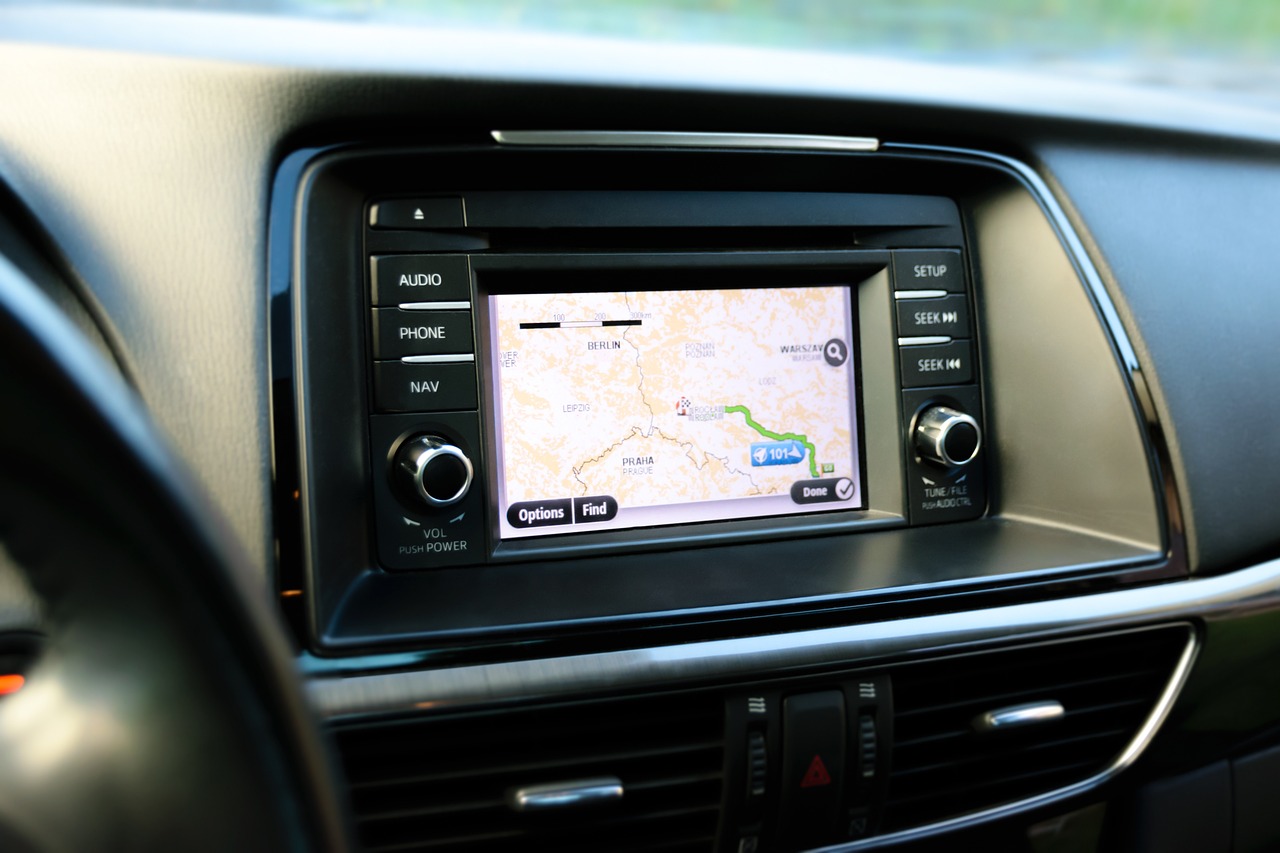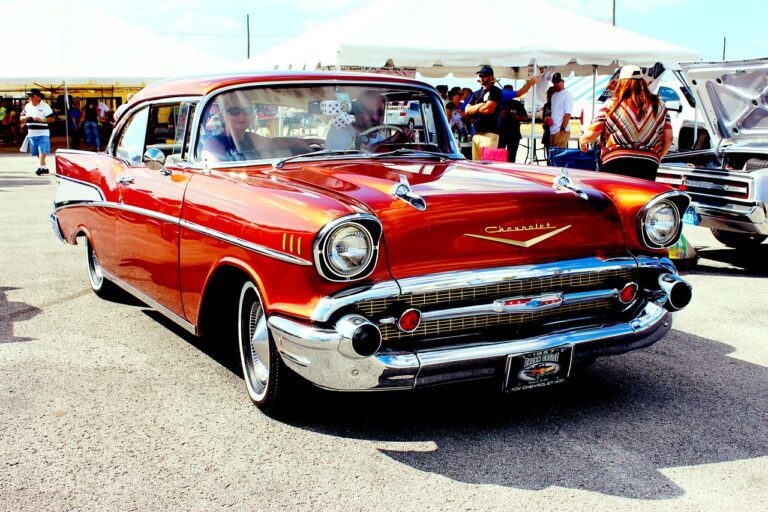Analyzing the Role of Advanced Turbocharging Systems in Engine Performance
betbook250, 11xplay.pro/login, yolo247 login:Analyzing the Role of Advanced Turbocharging Systems in Engine Performance
When it comes to improving engine performance, turbocharging systems have become an integral component in the automotive industry. By harnessing the power of exhaust gases to increase air intake and boost engine power, turbochargers have revolutionized the way engines operate. In this article, we will delve into the intricacies of advanced turbocharging systems and their impact on engine performance.
How do Turbochargers Work?
Turbochargers are essentially air compressors that increase the volume of air flow into the engine’s combustion chambers. This is accomplished by utilizing exhaust gases to drive a turbine connected to a compressor. As the exhaust gases pass through the turbine, it spins and drives the compressor, which in turn compresses the intake air before it enters the engine.
The compressed air contains more oxygen molecules, allowing for a better fuel-air mixture in the combustion chamber. This results in more power being produced during the combustion process, leading to improved engine performance.
Types of Turbocharging Systems
There are different types of turbocharging systems that vary based on their design and application. Some of the common types include:
1. Single Turbocharger: This is the most basic form of turbocharging system, consisting of a single turbo connected to the engine’s exhaust manifold.
2. Twin Turbocharger: In this setup, two turbochargers are utilized to increase the overall air intake and boost pressure.
3. Sequential Turbocharging: This system uses two turbochargers in sequence, with one smaller turbo for low RPM performance and a larger turbo for high RPM performance.
4. Variable Geometry Turbocharger (VGT): VGT systems have adjustable vanes that can change the flow of exhaust gases to optimize performance at different engine speeds.
5. Electric Turbocharger: Electric turbochargers use an electric motor to drive the compressor, providing instant boost without the need for exhaust gases.
Benefits of Advanced Turbocharging Systems
Advanced turbocharging systems offer several benefits that contribute to enhanced engine performance. Some of the key advantages include:
1. Increased Power Output: By improving air intake and combustion efficiency, turbochargers can significantly boost the engine’s power output.
2. Improved Fuel Efficiency: Turbochargers can help engines operate more efficiently by extracting more power from the fuel-air mixture, leading to better fuel economy.
3. Enhanced Torque: Turbochargers can generate higher torque levels at lower engine speeds, improving overall acceleration and drivability.
4. Reduced Emissions: By optimizing combustion efficiency, turbochargers can help reduce harmful emissions from the engine, making them more environmentally friendly.
Challenges of Turbocharging Systems
While turbochargers offer many advantages, they also come with some challenges that need to be addressed. Some of the common issues include:
1. Turbo Lag: Turbo lag is a delay in boost delivery, resulting in slower throttle response. This can be mitigated by using advanced turbocharging systems with quicker spooling times.
2. Heat Management: Turbochargers generate a lot of heat, which can impact engine performance and durability. Proper cooling systems and heat shields are essential to manage this issue.
3. Reliability: Turbochargers undergo high levels of stress and wear, leading to potential reliability issues over time. Regular maintenance and monitoring are crucial to ensure long-term reliability.
4. Cost: Advanced turbocharging systems can be expensive to implement and maintain, making them a costly investment for some vehicle owners.
FAQs
1. Do turbocharged engines require special maintenance?
Turbocharged engines do require some additional maintenance, such as checking the turbocharger for wear and tear, ensuring proper cooling and lubrication systems, and monitoring boost levels regularly.
2. Can any engine be turbocharged?
While most engines can be turbocharged, not all engines are suited for turbocharging due to their design and components. It’s essential to consult with a professional to determine if your engine can be turbocharged safely.
3. Can turbochargers be installed aftermarket?
Yes, turbochargers can be installed aftermarket on many vehicles. However, it’s crucial to ensure that the installation is done correctly by a reputable mechanic to prevent any potential issues.
In conclusion, advanced turbocharging systems play a crucial role in enhancing engine performance by increasing power output, improving fuel efficiency, and enhancing torque levels. While they come with challenges such as turbo lag and heat management, their benefits far outweigh the drawbacks. By understanding how turbochargers work and their impact on engine performance, vehicle owners can make informed decisions on implementing these advanced systems in their vehicles.







